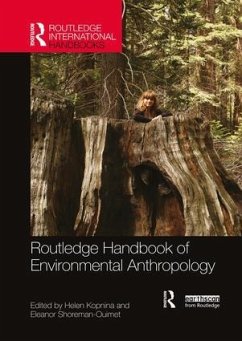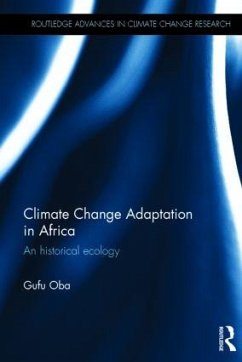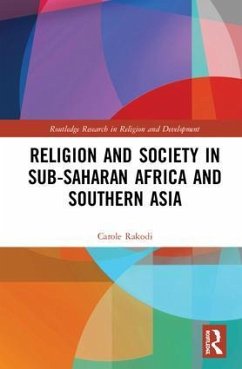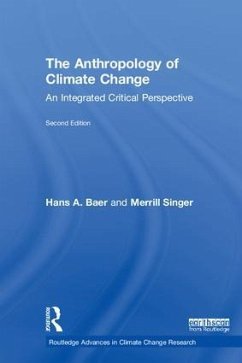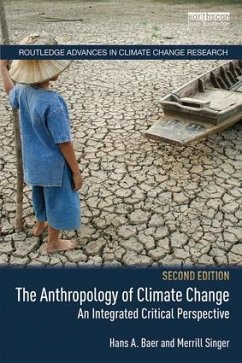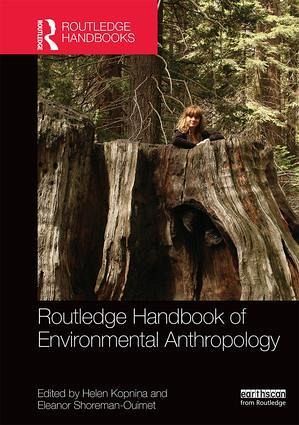
Routledge Handbook of Environmental Anthropology

PAYBACK Punkte
164 °P sammeln!
This Handbook provides a comprehensive survey of contemporary topics in environmental anthropology and thorough discussions on the current state and prospective future of the field in seven key sections. As the contributions to this Handbook demonstrate, the subfield of environmental anthropology is responding to cultural adaptations and responses to environmental changes in multiple and complex ways. As a discipline concerned primarily with human-environment interaction, environmental anthropologists recognize that we are now working within a pressure cooker of rapid environmental damage that...
This Handbook provides a comprehensive survey of contemporary topics in environmental anthropology and thorough discussions on the current state and prospective future of the field in seven key sections. As the contributions to this Handbook demonstrate, the subfield of environmental anthropology is responding to cultural adaptations and responses to environmental changes in multiple and complex ways. As a discipline concerned primarily with human-environment interaction, environmental anthropologists recognize that we are now working within a pressure cooker of rapid environmental damage that is forcing behavioural and often cultural changes around the world. As we see in the breadth of topics presented in this volume, these environmental challenges have inspired renewed foci on traditional topics such as food procurement, ethnobiology, and spiritual ecology; and a broad new range of subjects, such as resilience, nonhuman rights, architectural anthropology, industrialism, and education.




